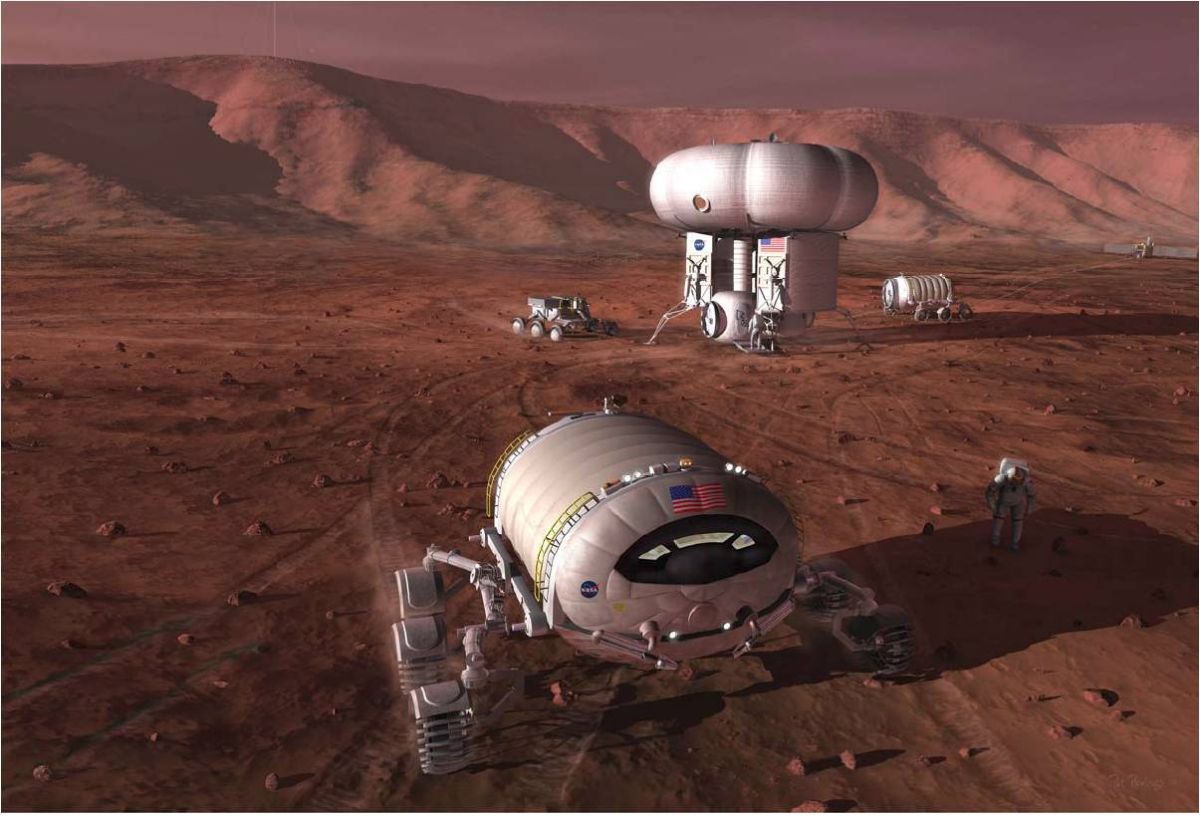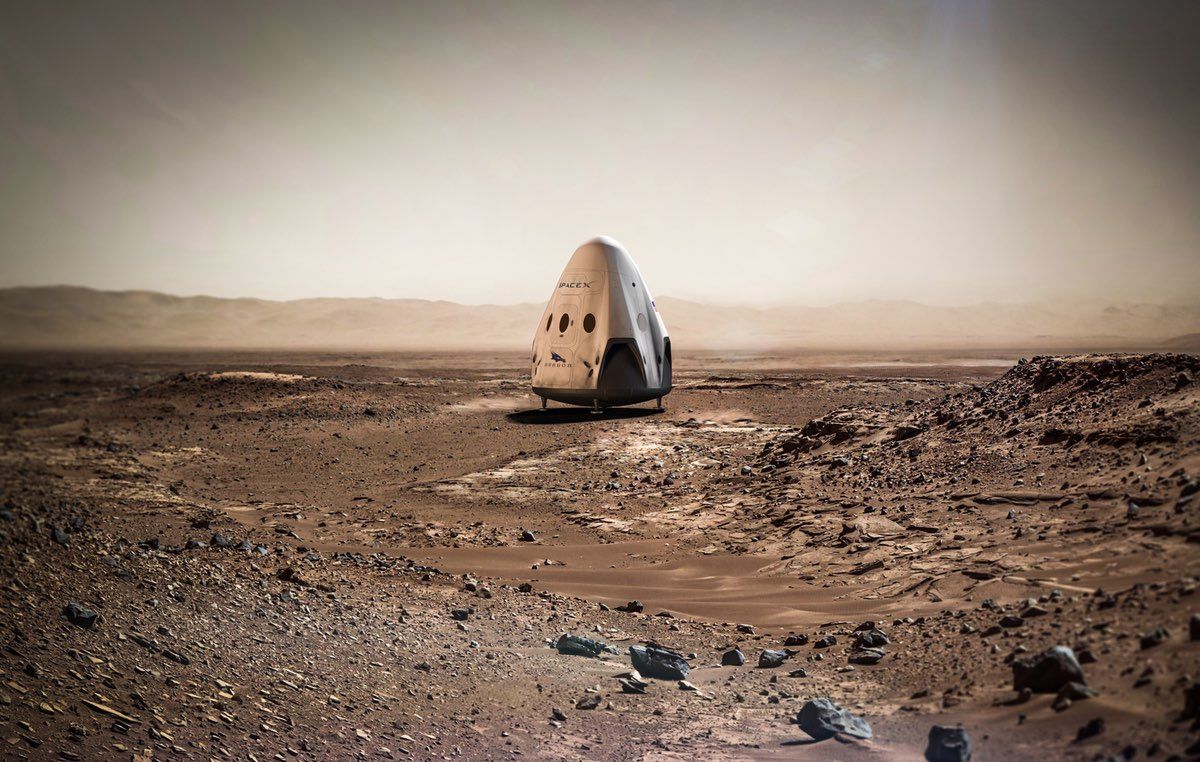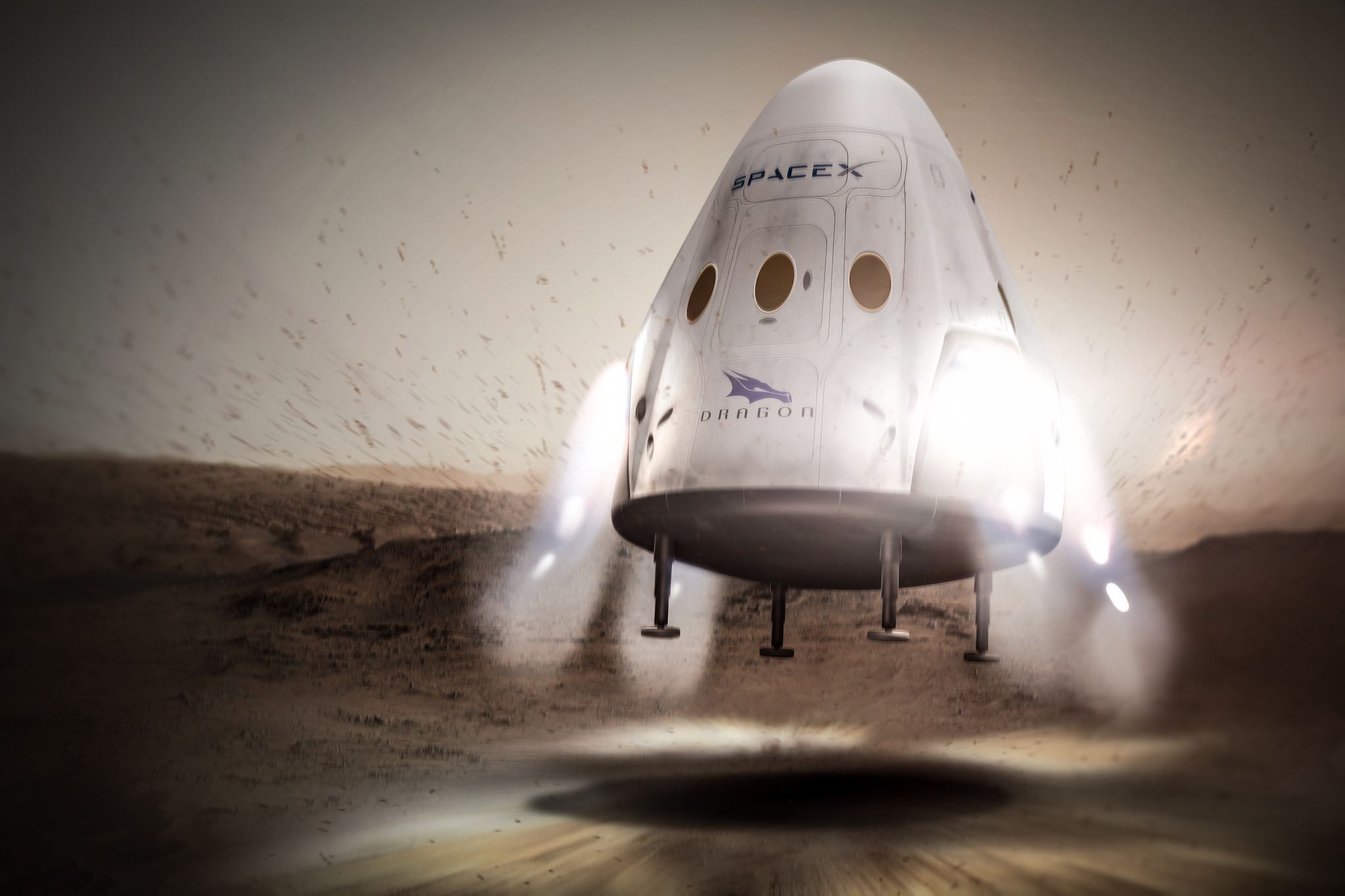Page 11022
Jul 27, 2016
How eco-friendly communes could change the future of housing — By Autumn Spanne | The Guardian
Posted by Odette Bohr Dienel in categories: business, complex systems, economics, energy, engineering, environmental, ethics, food, government, habitats
“An increasing number of US landowners want to build commune-style villages that are completely self-sufficient and have a low carbon footprint”
Jul 27, 2016
Transistors will stop shrinking in 2021, but Moore’s law will live on
Posted by Amnon H. Eden in categories: computing, futurism
Gear & Gadgets —
Transistors will stop shrinking in 2021, but Moore’s law will live on.
Final semiconductor industry roadmap says the future is 3D packaging and cooling.
Jul 27, 2016
Did the LIGO gravitational waves originate from primordial black holes?
Posted by Andreas Matt in categories: cosmology, physics
Binary black holes recently discovered by the LIGO-Virgo collaboration could be primordial entities that formed just after the Big Bang, report Japanese astrophysicists.
If further data support this observation, it could mark the first confirmed finding of a primordial black hole, guiding theories about the beginnings of the universe.
In February, the LIGO-Virgo collaboration announced the first successful detection of gravitational waves.
Continue reading “Did the LIGO gravitational waves originate from primordial black holes?” »
Jul 27, 2016
Mars Colonists Must ‘Live Off the Land’: NASA Report
Posted by Andreas Matt in categories: energy, space
Long-term human colonization of Mars is feasible, as long as Red Planet pioneers “live off the land,” a recent NASA report concludes.
“There are massive resources on Mars obtainable from the atmosphere and extracted from the regolith which are capable of supporting human colonization,” write the authors of the report, which is called “Frontier In-Situ Resource Utilization for Enabling Sustained Human Presence on Mars.”
Using Martian resources, existing technologies could supply water, oxygen, fuel and building materials, the report adds, “to relax the dependence on Earth during the buildup of a colony on Mars.” [Red Planet or Bust: 5 Crewed Mars Mission Ideas].
Jul 27, 2016
SpaceX spending about $300 million on Red Dragon mission
Posted by Klaus Baldauf in category: space travel
WASHINGTON — NASA estimates that SpaceX is spending on the order of $300 million on its Red Dragon Mars lander mission, a down payment on the company’s long-term ambitions for human Mars missions.
At a meeting of the NASA Advisory Council’s technology committee in Cleveland July 26, Jim Reuter, deputy associate administrator for programs in NASA’s space technology mission directorate, provided an overview of NASA’s agreement with SpaceX, announced in April, to support that company’s plans for an uncrewed Mars landing mission that could launch as soon as May 2018.
That agreement, in the form of an unfunded Space Act Agreement, does not include any exchange of funds between NASA and SpaceX. Reuter said NASA estimates it will spend approximately $32 million over four years, primarily in the form of NASA personnel providing technical support for SpaceX. About $6 million of that will be spent this fiscal year, he added.
Continue reading “SpaceX spending about $300 million on Red Dragon mission” »
Jul 27, 2016
SpaceX Might Launch Humans to Space Next Year
Posted by Andreas Matt in category: space travel
The animals, some of which were cloned from the same tissue as Dolly, appeared as healthy as non-cloned sheep, a study suggests.
Jul 27, 2016
The Pro-Science Presidential Candidate
Posted by Zoltan Istvan in categories: geopolitics, science, transhumanism

A 6-min interview on transhumanism with The Young Turks from the Democratic National Convention in Philadelphia:
TYT’s Jimmy Dore spoke with Zoltan Istvan, the Transhumanist candidate for President of the United States. Istvan touched on the importance of scientific advancement in American politics, and discussed the unique aspects of the Transhumanist Party.

















